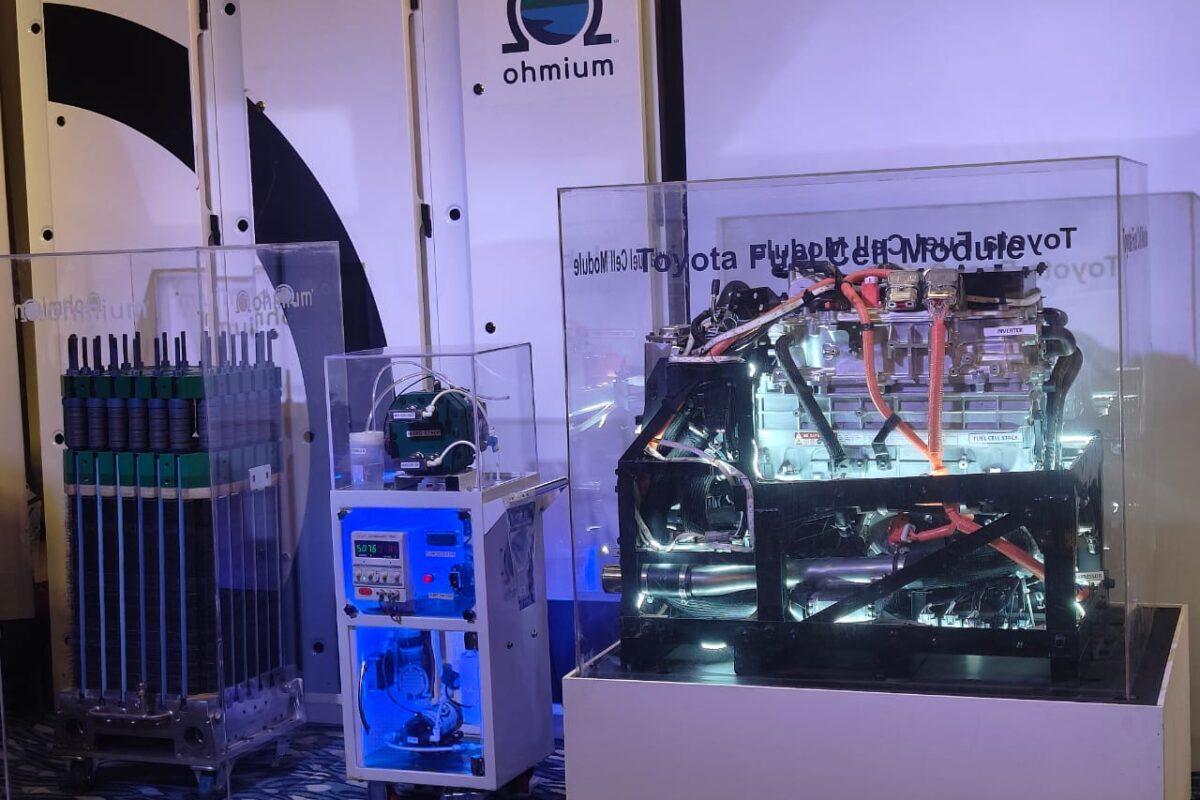An aggregate of 59.5 million renewable energy certificates (RECs) worth INR 9,266 crore (USD 1.24 billion) have been traded on the two Indian power exchanges since these market-based instruments’ launch in 2010, according to a study by the CEEW Centre for Energy Finance (CEEW-CEF).
RECs help power distribution companies (discoms) and others meet their renewable purchase obligations (RPOs) without actually buying renewable power. Each REC issued corresponds to 1 MWh, or 1,000 kWh, of electricity injected into the grid.
The report highlights that the REC market is RPO-driven, with as many as 99% of all REC purchases dome to fulfill RPO requirements of Discoms, but is still grappling with insufficient demand.
“Poor RPO compliance [by Discoms] across India has contributed to a demand shortfall of 7%, represented by the 5.1 million RECs unsold as of December 2020,” according to the report.
“Solar, which forms the centerpiece of India’s renewable energy (RE) ambitions, remains vastly underrepresented in REC issuances. To date, only 16% of RECs issued to power generators were against solar projects; wind and other renewable energy projects accounted for the balance 84% of REC issuances to power generators,” it added.
Rebooting the market
The volume of REC market trading in the last decade is an encouraging sign, given that the country will increasingly bank on market instruments like RECs to support its energy transition. However, the market hit a roadblock in 2020 due to an ongoing legal arbitration with CERC over removal of floor prices for these certificates. REC trading remains suspended since July 2020
Gagan Sidhu, Director, CEEW-CEF and lead author of the study, stressed on the need to resume REC trading at the earliest, accompanied by a calibrated market reboot to address current concerns and prepare for future challenges [in keeping with India’s RE ambitions for the next decade].
Arunabha Ghosh, CEO, CEEW, said, “Rebooting India’s REC market will give the world’s most ambitious renewable energy (RE) deployment programme a welcome fillip. While the REC mechanism was never intended to be a mainstay of the energy transition, it plays a crucial balancing role in a country where RE resources are unevenly spread. India’s experience with RECs can help shape the global roadmap for Certified Emission Reductions (CERs), a tradable emission reduction instrument expected to be a key discussion point at COP26.”
The report stated while an effective market reboot should focus on boosting demand, it should also prepare for the possibility of a future supply crunch. This could happen if policymakers tighten lax regulations that currently allow defaulters to carry forward RPOs instead of meeting their targets using RECs.
“India’s 27 RPO under-compliant states would have needed to buy an additional 67.2 million certificates in 2020 if they had chosen only to use RECs to meet their targets. For perspective, total REC issuances between 2011 and 2020 amounted to just 70.6 million,” it stated.
In addition to improving RPO compliance vastly, Gagan Sidhu said, India should simultaneously develop alternative sources of demand such as voluntary REC purchases by corporations hoping to reduce their carbon footprint. Further, to ensure the market’s long-term health, the nation needs to focus on supply-side solutions like removing out-of-date conditionalities for REC issuance and creating more flexible markets.
This content is protected by copyright and may not be reused. If you want to cooperate with us and would like to reuse some of our content, please contact: editors@pv-magazine.com.









By submitting this form you agree to pv magazine using your data for the purposes of publishing your comment.
Your personal data will only be disclosed or otherwise transmitted to third parties for the purposes of spam filtering or if this is necessary for technical maintenance of the website. Any other transfer to third parties will not take place unless this is justified on the basis of applicable data protection regulations or if pv magazine is legally obliged to do so.
You may revoke this consent at any time with effect for the future, in which case your personal data will be deleted immediately. Otherwise, your data will be deleted if pv magazine has processed your request or the purpose of data storage is fulfilled.
Further information on data privacy can be found in our Data Protection Policy.